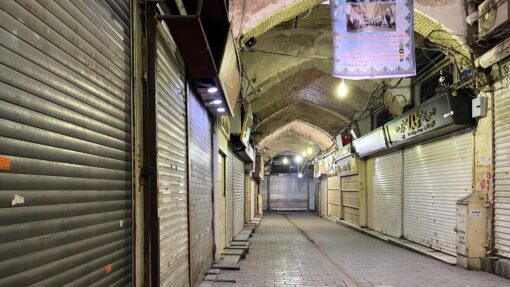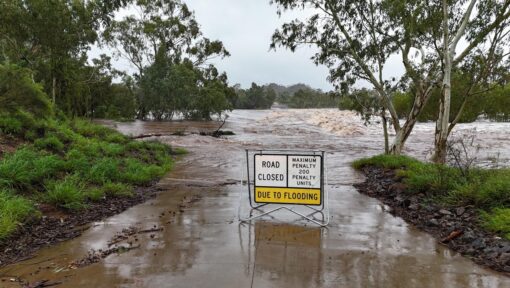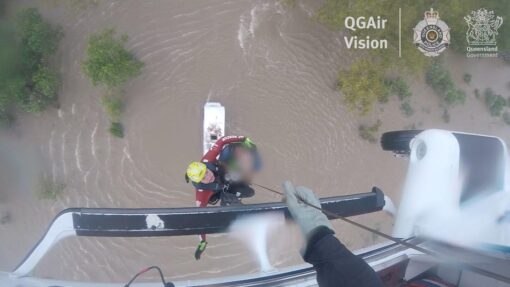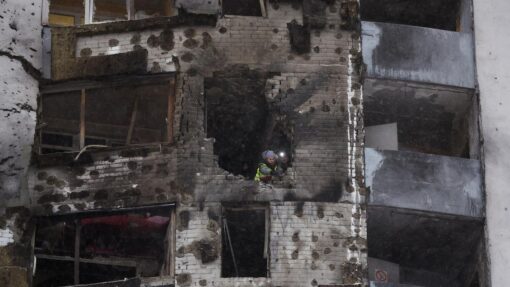No cyclone tax in ‘no frills’ New Zealand budget
Ben McKay |
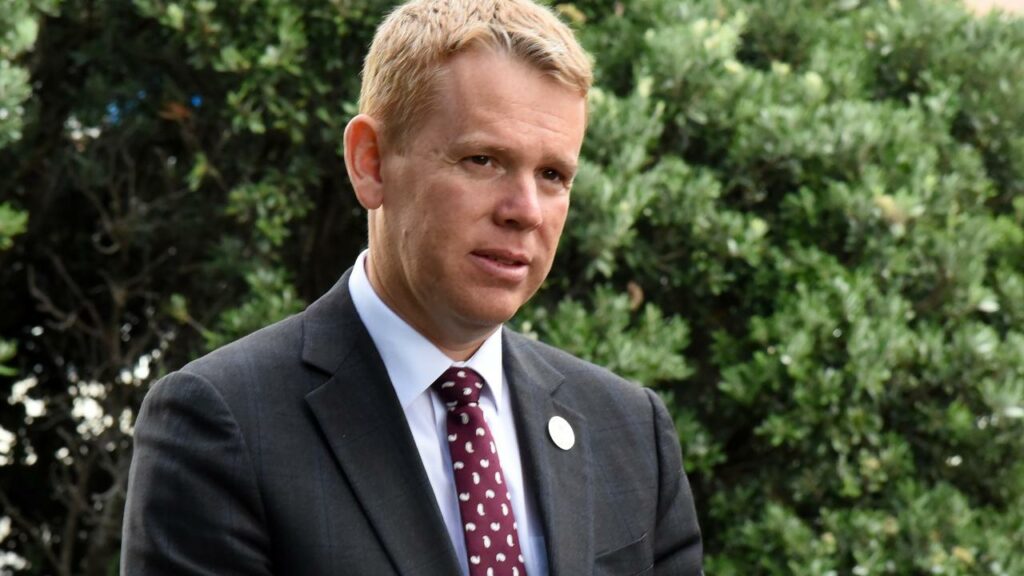
The New Zealand government has ruled out a cyclone levy to pay for a multi-billion dollar Cyclone Gabrielle rebuild, promising a “no frills” election year budget.
In a major pre-budget address on Thursday, Prime Minister Chris Hipkins also pledged no major tax changes, including wealth or capital gains taxes.
Inheriting the top job in January from Jacinda Ardern, Mr Hipkins has reoriented the government towards “bread and butter” issues in tough economic times.
NZ’s challenges were exacerbated in February when Gabrielle ravaged much of the North Island, displacing thousands of people, destroying roads, power lines, bridges, and ruining much agricultural land.
The government has an indicative bill for the big clean-up, with Treasury assessing damage between $NZ9-14.5 billion ($A8.3-13.4 billion).
In the weeks following the massive storm, Finance Minister Grant Robertson indicated he was exploring options on rebuild costs, including Queensland’s one-off flood levy which followed the 2010-11 big wet and record flooding of Brisbane.
Speaking in Auckland, Mr Hipkins said the price tag wouldn’t require such an extraordinary measure.
“The government has taken the decision to fund the recovery from here on through a combination of the annual operating and capital allowances we set each year for the budget, savings and reprioritisations, and some debt as we invest in infrastructure repairs and build back stronger,” he said.
Mr Robertson will deliver the budget on May 18.
With an election looming on October 14, the government might normally be expected to fund a spend-up aimed at securing a third term.
Mr Hipkins downplayed that, saying “a key message of this budget is restraint”.
“This will be an orthodox no-frills budget focused on funding the things most important to New Zealanders like support with the cost of living and cyclone recovery,” he said.
The prime minister said there would be three areas of budget investment “which will lay the foundation for future growth and improved productivity”: skills, science, and technology and infrastructure.
“Rather than a long laundry list of worthy ideas, I want the government to do a small number of things very well,” he said.
“My priorities are investment in skills, science and infrastructure … areas I have a personal interest in and reflect where … there are real opportunities to lift our economic performance.”
Mr Hipkins’ fiscal scene-setting speech came a day after the release of a study into ultra-wealthy New Zealanders.
The probe found 311 of NZ’s richest families paid an effective tax rate of 9.4 per cent, more than double the amount of a median-waged Kiwi.
While its findings have outraged many and prompted calls for a rethink of the tax system, Mr Hipkins said it wouldn’t be happening in the budget.
“We’re not going to rock the boat,” he said.
The study will, however, feed into party policies for the election, with Opposition leader Chris Luxon accusing Mr Hipkins of “softening us up for a tax grab”.
In a heated press conference after the report’s release, Mr Luxon denied rich listers should pay more tax.
“The top two per cent of New Zealanders are paying about 26 per cent of all our income tax … that’s entirely fair,” he said.
AAP